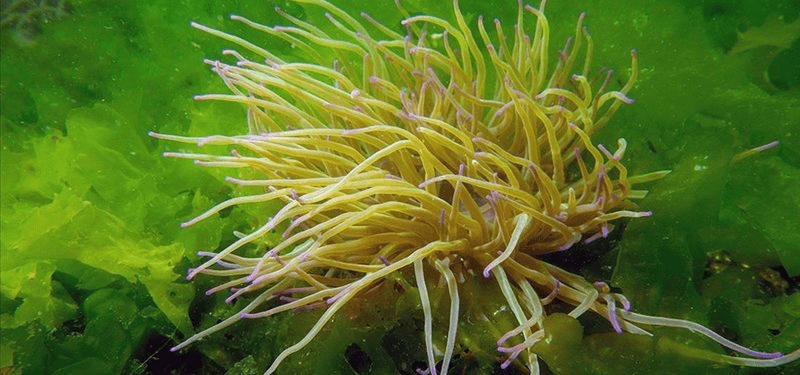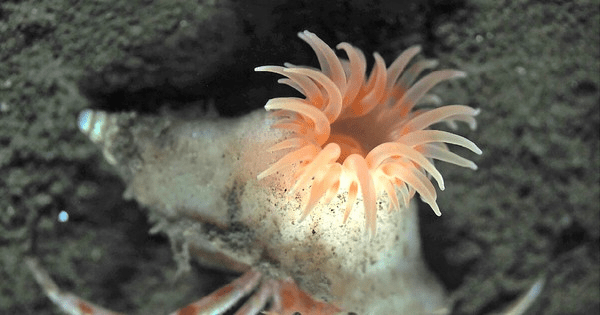Discovery details and significance
Japanese researchers have identified a new species of sea anemone from deep seabed samples, adding to the catalog of marine biodiversity in waters off Japan. Led by a Kumamoto University team, the study analyzed morphology and genetic markers to distinguish the specimen from known relatives. The discovery underscores how much remains unexplored in deep benthic ecosystems and why methodical sampling still yields surprises. Scientists say the find can refine understanding of species distribution, symbiotic relationships with other organisms, and how climate-driven changes in currents may shift habitats. Such baseline mapping helps inform future conservation zones and impact assessments for fisheries and seabed infrastructure.

The team plans to publish a full taxonomic description, including diagnostic traits and proposed nomenclature, after peer review. Deep-sea anemones often host unique microbial communities and can indicate environmental health, making them valuable for long-term monitoring. Japan’s coastal waters, where warm and cold currents meet, are hotspots for endemism; new species help reconstruct evolutionary histories shaped by glacial cycles and tectonic activity. The researchers also called for sustained funding for deep-sea observation platforms and sample repositories. As ocean temperatures climb, establishing reference data now will be crucial to detect range shifts, local extinctions, or invasive encroachments in the decades ahead.

 TPW DESK
TPW DESK 








